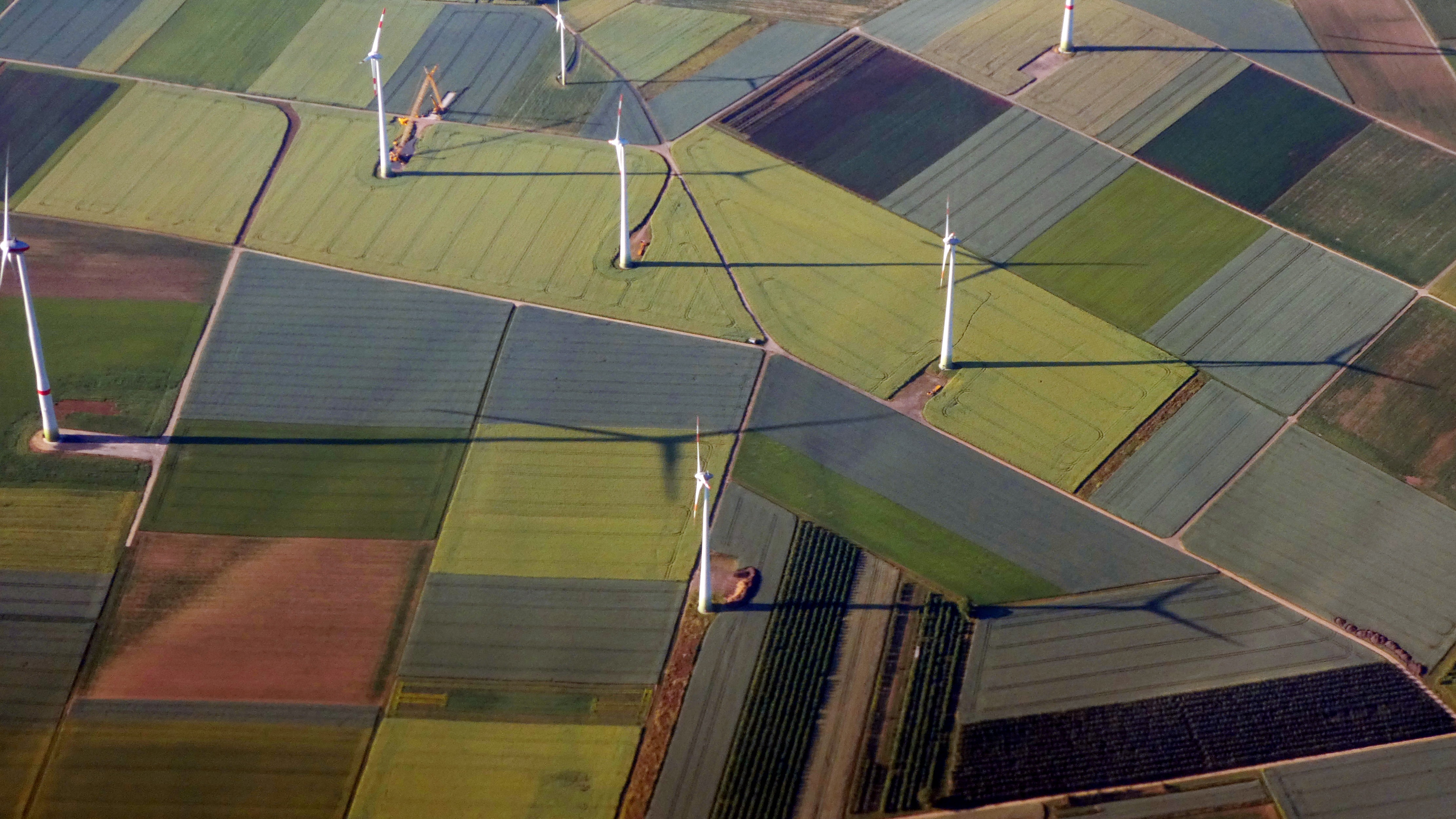EU Proposes 57% Cut to ESRS Datapoints — Public Consultation Now Open
The European Financial Reporting Advisory Group (EFRAG) has published revised drafts of a simplified European Sustainability Reporting Standards (ESRS) — the detailed framework that underpins sustainability reporting under the Corporate Sustainability Reporting Directive (CSRD).

The European Financial Reporting Advisory Group (EFRAG) has published revised drafts of a simplified European Sustainability Reporting Standards (ESRS) — the detailed framework that underpins sustainability reporting under the Corporate Sustainability Reporting Directive (CSRD).
These proposed changes are part of a broader EU initiative to make sustainability reporting more manageable for businesses without compromising the ambitions of the European Green Deal.
Headline changes in the draft ESRS
- Mandatory datapoints (reported only if material) cut by 57%
- Total disclosures — mandatory and voluntary — reduced by 68%
- Overall length of the standards shortened by over 55%
How would the standards be simplified?
Drawing on feedback from over 800 stakeholders, EFRAG applied six simplification levers — including a lighter double materiality assessment, clearer language and structure, reduced duplication, and new exemptions for disclosures that would cause undue cost or effort.
EFRAG also conducted a bottom-up review of all datapoints to focus only on those most useful for decision-making.
The consultation is open until 29 September 2025
EFRAG is now inviting input from companies, auditors, investors, regulators, and others across the EU reporting ecosystem. Final technical advice will be submitted to the European Commission by 30 November 2025.
What This Means for Food Businesses
For companies in scope of the CSRD, these proposals could significantly reduce the administrative load of sustainability reporting — and free up sustainability teams to focus more time and resources on reduction initiatives.



